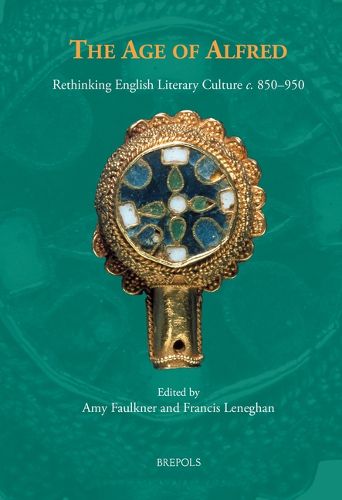Readings Newsletter
Become a Readings Member to make your shopping experience even easier.
Sign in or sign up for free!
You’re not far away from qualifying for FREE standard shipping within Australia
You’ve qualified for FREE standard shipping within Australia
The cart is loading…






King Alfred the Great (r. 871-899) remains a key figure in English literary history. Although his reputation as a scholar who was personally responsible for the translation of a number of Latin works is no longer secure, the figure of the wise king nevertheless casts a long shadow over vernacular writing from the late ninth century through to the twelfth. This volume takes stock of recent developments and debates in the field of Alfredian scholarship and showcases new directions in research. Individual chapters consider how English authors before, during, and after Alfred's reign translated and adapted Latin works, often in innovative and imaginative ways. Other contributions provide new contexts and connections for Alfredian writing, highlighting the work of Mercian scholars and expanding the corpus beyond the works traditionally attributed to the king himself. Together, these essays force us to rethink what we mean by 'Alfredian' and to revise the literary history of the 'long ninth century'.
$9.00 standard shipping within Australia
FREE standard shipping within Australia for orders over $100.00
Express & International shipping calculated at checkout
King Alfred the Great (r. 871-899) remains a key figure in English literary history. Although his reputation as a scholar who was personally responsible for the translation of a number of Latin works is no longer secure, the figure of the wise king nevertheless casts a long shadow over vernacular writing from the late ninth century through to the twelfth. This volume takes stock of recent developments and debates in the field of Alfredian scholarship and showcases new directions in research. Individual chapters consider how English authors before, during, and after Alfred's reign translated and adapted Latin works, often in innovative and imaginative ways. Other contributions provide new contexts and connections for Alfredian writing, highlighting the work of Mercian scholars and expanding the corpus beyond the works traditionally attributed to the king himself. Together, these essays force us to rethink what we mean by 'Alfredian' and to revise the literary history of the 'long ninth century'.